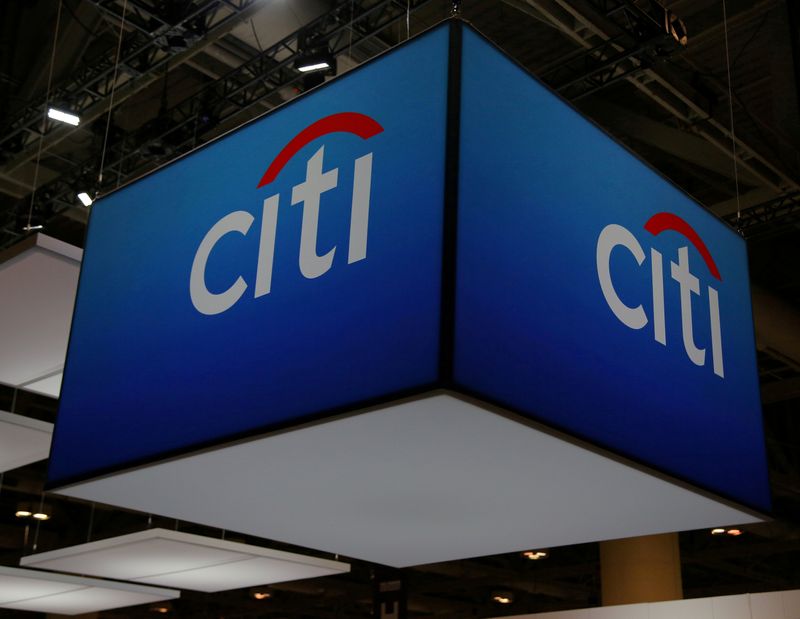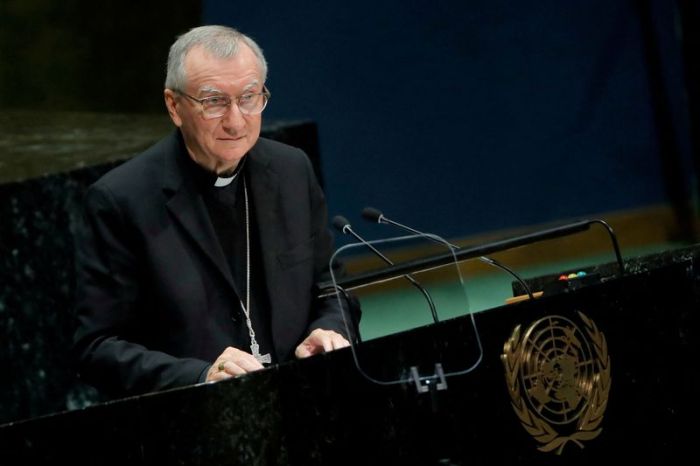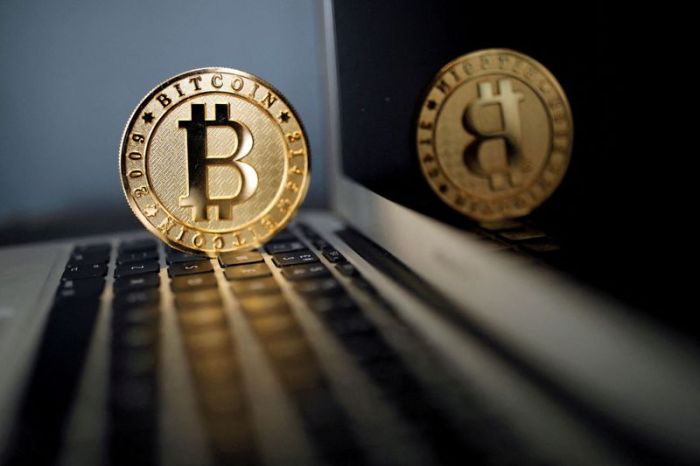(Reuters) -Citigroup Inc’s total exposure to Russia amounts to nearly $10 billion, the bank said on Monday, higher than previously communicated, following questions over whether it will have to set aside funds to cover potential losses.
Citigroup listed Russia as 21 among its top 25 country exposures with $5.4 billion of loans, securities and funding commitments at the end of December, compared with $5.5 billion at the end of September. That represents 0.3% of the bank’s exposures in 2021, according to a regulatory filing.
Citigroup also gave details of further exposures that had not previously been disclosed.
The United States, Britain, Europe and Canada announced new sanctions on Russia on Saturday – including blocking certain banks’ access to the SWIFT international payment system – following Russia’s invasion of Ukraine. Those sanctions could affect the value of Russian assets held by international banks.
Citigroup said its other exposures include $1.0 billion in cash at the Bank of Russia and other financial institutions and $1.8 billion of reverse repos with various counterparties, taking the count for “total third-party exposure” to $8.2 billion.
Citigroup also said it has $1.6 billion of exposures to additional Russian counterparties outside of its Russian subsidiary that are not included in the $8.2 billion.
Citigroup will likely have to add $300 million of reserves for possible losses on nearly $3 billion of funded loans included in that amount, analyst Mike Mayo of Wells Fargo said in a research note on Monday before the regulatory filing came out.
Mayo reduced his prior estimate for 2022 profits, which he had made before Western nations imposed new sanctions on Russia, for the cost of the reserves. He said consensus estimates from analysts are 20% to 25% too high.
Citigroup warned generally of a potential hit to its business from escalated tensions between the West and Russia following its invasion of Ukraine.
“Citi continues to monitor the current Russia–Ukraine geopolitical situation and economic conditions and will mitigate its exposures and risks as appropriate,” the bank said in the filing.
(Reporting by David Henry in New York and Niket Nishant in Bangalore; Editing by Matt Scuffham and Leslie Adler)
























